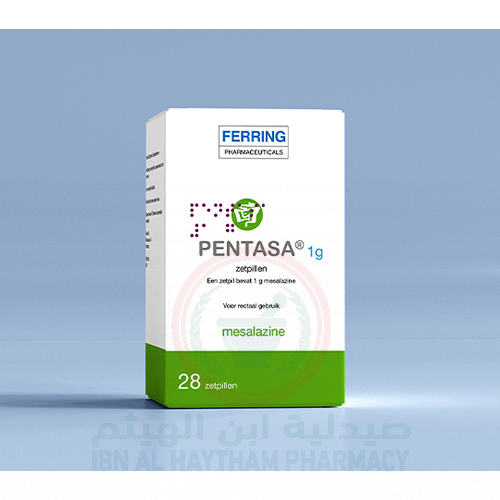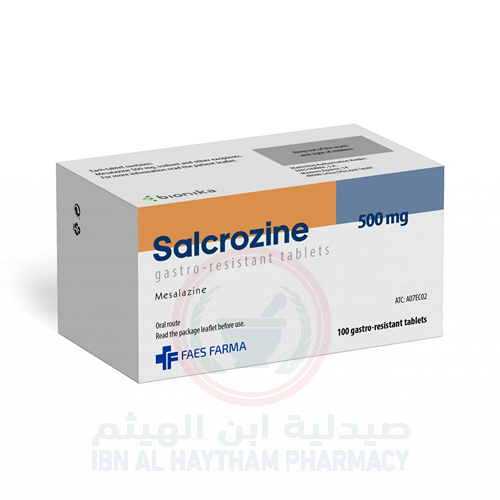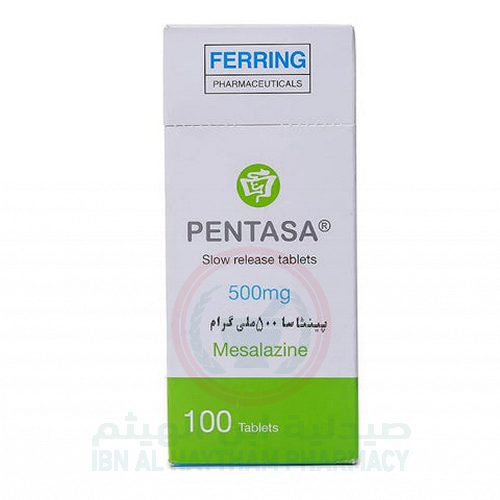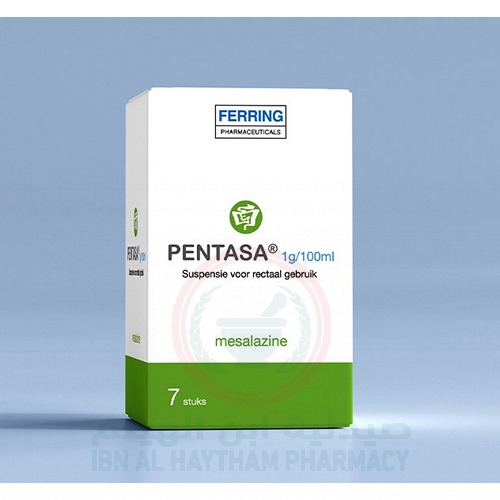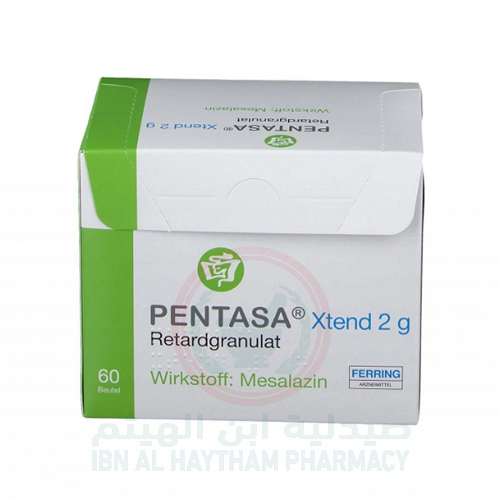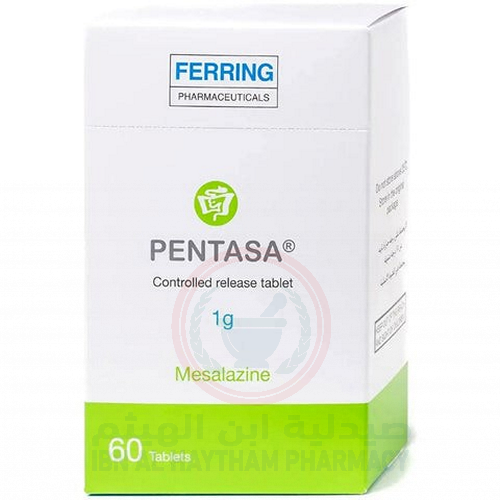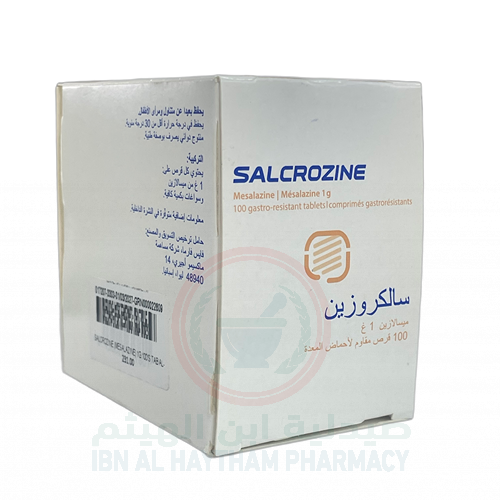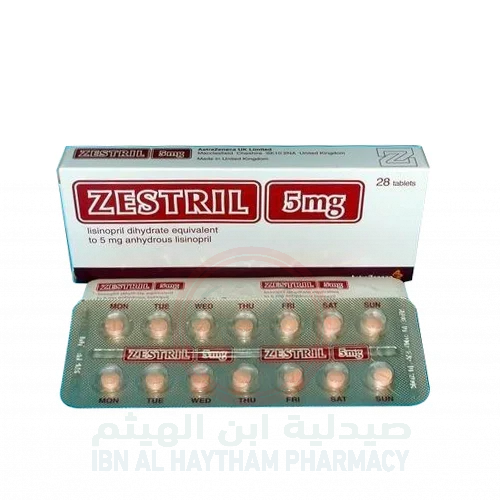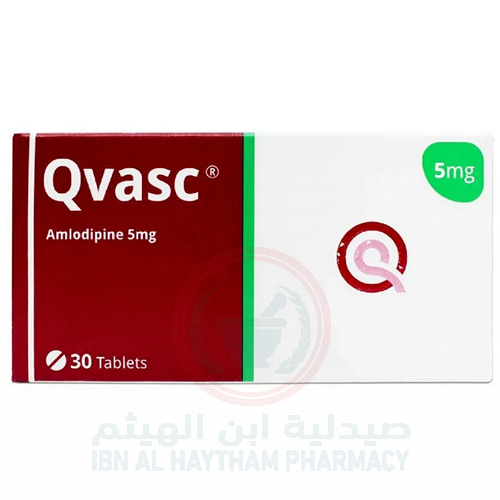Pentasa is used to treat inflammatory bowel diseases like ulcerative colitis by reducing inflammation in the colon.
Pentasa (Mesalazine or Mesalamine) is a medication commonly used to treat inflammatory bowel diseases (IBD) such as ulcerative colitis and Crohn’s disease. It helps reduce inflammation in the intestines and is specifically designed for patients who need targeted treatment for the lower gastrointestinal tract.
Key Uses:
Ulcerative Colitis: Reduces inflammation in the colon and rectum, preventing flare-ups and promoting healing.
Crohn's Disease: Can be used in some cases to reduce inflammation in the large or small intestines. Side Effects:
Common side effects: Diarrhea, headache, stomach cramps, nausea, and flatulence.
Rare but serious: Allergic reactions like rashes, fever, or breathing difficulties. Some may experience kidney issues with long-term use.
Precautions:
Kidney function: Pentasa can affect kidney function, so it is important to monitor kidney health regularly during treatment, especially for those with pre-existing kidney conditions.
Pregnancy and breastfeeding: Consult a doctor before using Pentasa if pregnant or breastfeeding to ensure it is safe for both mother and child.
Helps reduce inflammation in the intestines, providing relief from symptoms of ulcerative colitis and Crohn’s disease.
Localized treatment: Suppositories deliver the active ingredient directly to the site of inflammation in the colon and rectum, potentially increasing effectiveness.
Well tolerated by many patients with IBD.
Pentasa is a powerful treatment option for those managing inflammatory bowel disease. However, as with any medication, it is essential to follow the healthcare provider's advice and report any adverse effects promptly.
follow the prescribed instructions.
